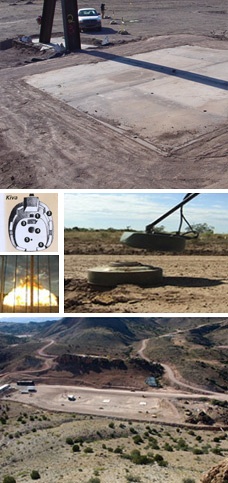
hness was norma
l.
"With Malcolm it is," Stone replied
in a clipped British public-school accent. "Some director
s are far
more fr
eewheeling, of course. But no movie ever
gets made exactly as planned. There are too many variables: cost, weather, equipment failure, the decision
to improvise. You've seen The Wild Bunch?"
"Several times," Kerney answered.
"Remember the scene where William Holden attempts
to free a member of his gang? Sam Peckinpah
shot that on the spur of the moment and it
worked brilliantly."
Ward, the transportation captain, waved everyone toward the vehicles. They were ready to move on.
"So, even with all this careful planning," Kerney said as he walked with Stone to the cars, "the actual
filming can change."
"It's bound to," Stone replied with a chuckle."
But too much change will have Charlie Zwick tearing
his hair out."
At the ranch headquarters the group was met by Julia Jordan. Joe and Bessie did not join them, although Kerney caught a quick glimpse of a figure standing at the living-room window inside their house. Before Usher started working on the next location setup, the catering vehicle arrived, and everyone broke for coffee. Julia, who'd glued herself to Kerney's side, shook her head when he asked if Joe and Bessie were planning to come out and watch the goings-on. "Dad wants nothing to do with this. It took Mom browbeating him for weeks to get him to let Johnny use the ranch in the movie." "Why is that?" "Dad doesn't like the
fact that Johnny is using o
- ther people's money to pay back a tiny portion of what he's b
- Overpressures up to 200 psi.
- orrowed from him over the years. He
doesn't think it
- EMRTC's the same as paying the debt yourself." Kerney couldn't think of a polite comment
- on such a grim assessment of the relationship between father and
- son. He watched Roger Ward take a folding card table and several chairs out of the back of a vehicle

